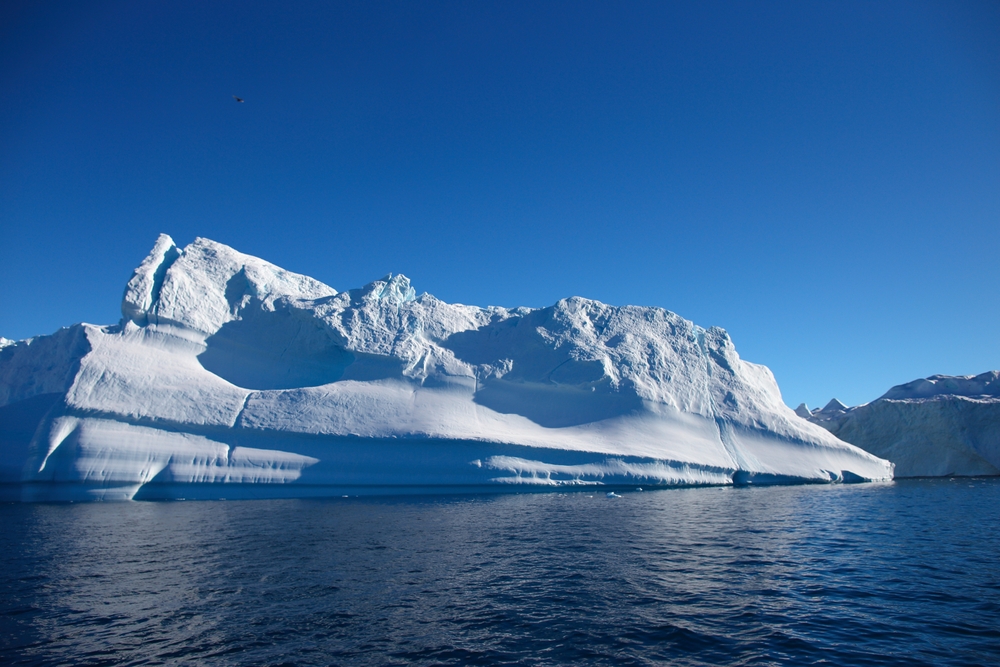The Iceberg is more than twice the size of London.
Others are reading now
Icebergs are more than just floating ice.
Some are so large they resemble islands, drifting across the ocean for decades.
These massive chunks of ice break away from glaciers and ice shelves, carried by currents until they eventually melt.
Some remain trapped in place for years, while others travel great distances.
Also read
When an iceberg moves into new waters, it can reshape marine ecosystems, blocking access to food for wildlife and creating hazards for ships.
The largest iceberg in the world, known as A23a, is now drifting through the Southern Ocean.
Could Cause Problems for Wildlife
Scientists believe it may be heading toward South Georgia Island, a remote British territory in the South Atlantic.
This iceberg covers 3,672 square kilometers, making it slightly smaller than Rhode Island and more than twice the size of London, according to Digi24.
A23a first broke off from the Filchner-Ronne Ice Shelf in 1986. For over 30 years, it remained stuck in the Weddell Sea, anchored to the seafloor.
In recent months, it has started moving again, carried by ocean currents. For a while, it was trapped in a Taylor Column, a swirling vortex caused by underwater mountains.
In December 2023, it broke free and resumed its journey.
Scientists are watching closely. Andrew Meijers, an oceanographer at the British Antarctic Survey, explained that A23a is caught in a turn in the current.
Data suggests it could soon drift toward South Georgia.
If the iceberg reaches the island, it could cause problems for seals, penguins, and other marine animals that rely on open water to find food.
A massive ice barrier could make it harder for young animals to feed, potentially affecting breeding cycles.
Captain Simon Wallace, who operates a government vessel near the island, said the iceberg is a concern for navigation.
“We keep our spotlights on all night to watch for ice—it can come from anywhere,” he told the BBC.
While climate change is affecting Antarctica, scientists believe A23a’s movement is part of a natural process. Icebergs break away from ice shelves regularly, drifting into warmer waters where they eventually melt.
The question now is whether A23a will continue its journey into the South Atlantic or become stuck on the continental shelf, where it could remain for years.


